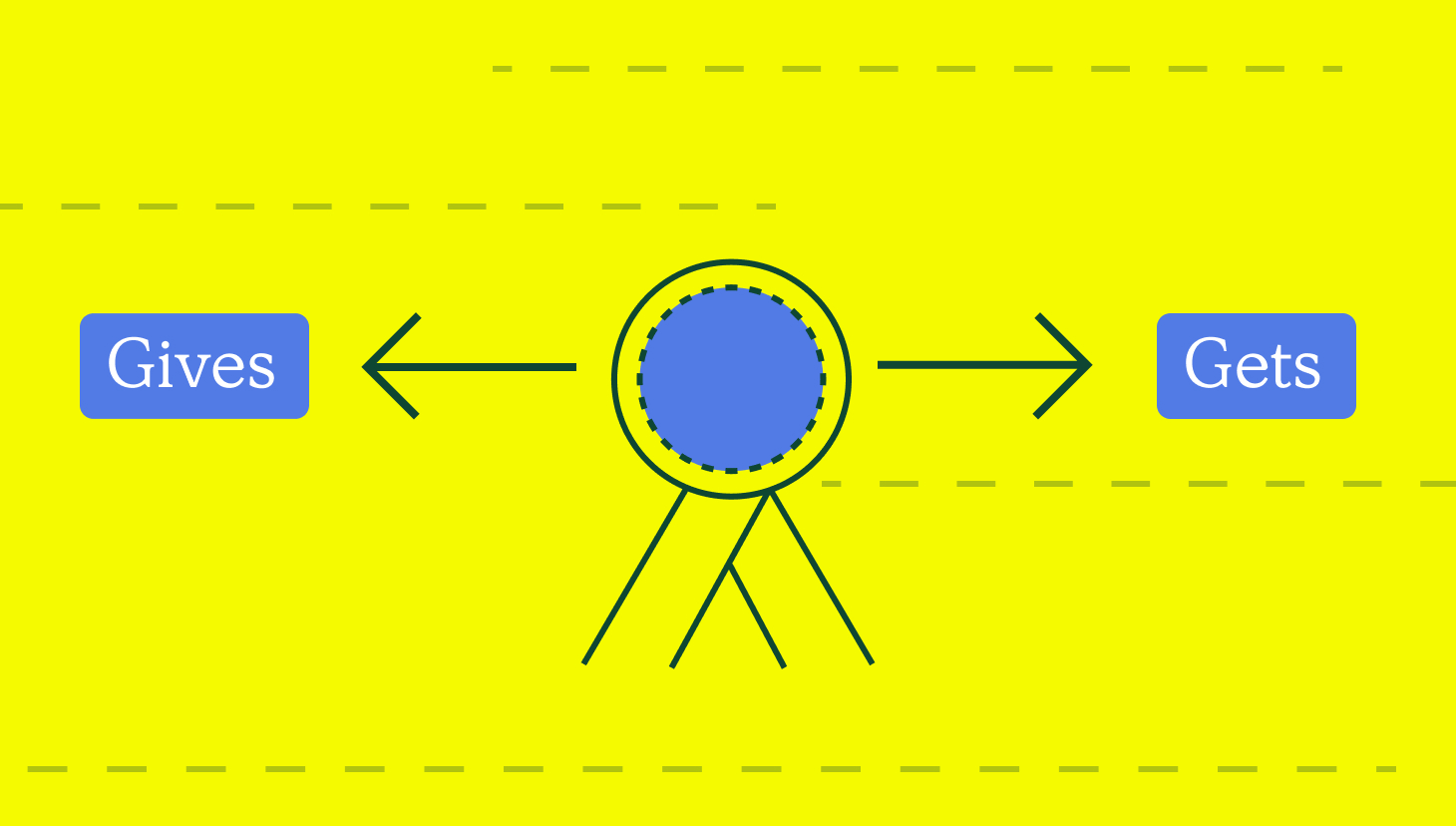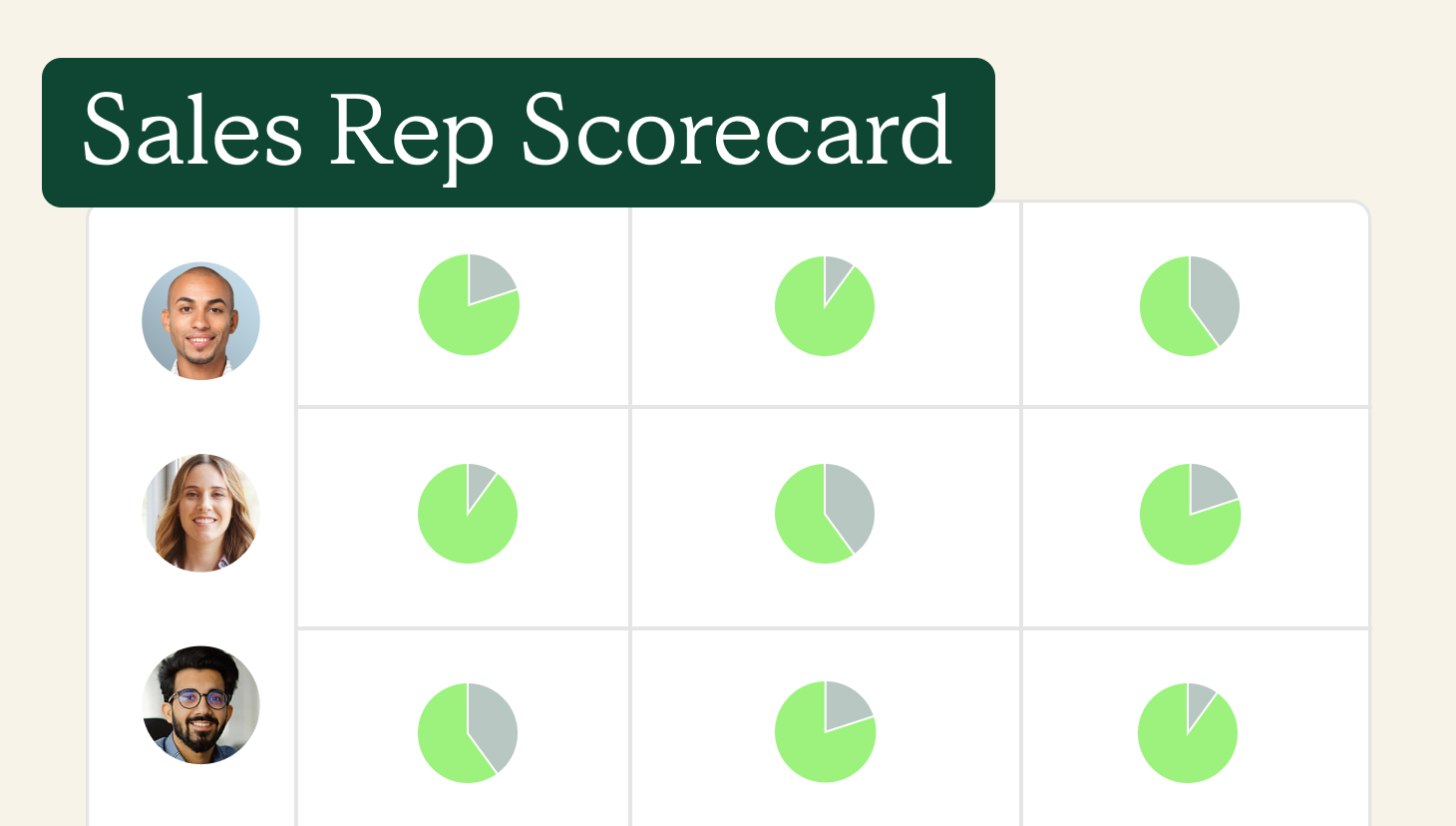For reps, higher quotas often feel like a gut punch.
Just put yourself in the rep’s shoes.
It’s the start of a new sales year, and you’re a top-performing account executive.
On your calendar, you notice a sales team meeting. “This must be to review our comp plan,” you think.
You’re right. It is!
And, just atop the meeting invite in your inbox, sits your new com plan in all of its glory with the subject line, “Review before today’s meeting.”
While skimming through it, your stomach drops: a quota increase of 20%.
No additional accelerators, no expanded territory, no new enablement resources—just a bigger target. The reasoning? “Since the team hit last year’s goal, we’ve raised the bar.”
Did leadership even consider what made last year’s goal possible? You say out loud. It took a record number of inbound leads, an expanded marketing budget, and a market that was more forgiving than it is today.
Now, you’re expected to do more with the same—or less.
– end scene–
This exact scenario plays out every single year in sales organizations across industries.
And when quota hikes come with no added support, tools, or upside, it’s no surprise that motivation drops, top performers churn, and revenue targets start slipping.
The reality? Quota increases aren’t inherently bad, but you have to paid them with strategic gives to keep sales teams engaged and equipped to win.
So, if you’re a sales leader with plans to increase quota, below are a few ways to soften the blow and set your team up for success.
10. Quota Relief for Vacation
For a top-performing rep, taking time off can feel like a setback.
They return from vacation only to find they’ve fallen behind and are scrambling to catch up. Instead of penalizing them for taking time off, offer pro-rated quota relief for vacation days.
How to implement: To adjust a rep’s quota fairly for the time they take off, reduce their quota in direct proportion to their missed working days. This ensures that their daily targets remain the same, rather than expecting them to make up for lost time.
Why it matters: This prevents burnout and encourages reps to take the time they need without fearing they’ll fall behind.
9. Pay Commissions on Booking Date, Not Cash Receipt
A rep closes a big deal in January, but the customer won’t make their first payment until March. Under the old plan, they don’t see their commission for months.
How to implement: Pay commissions based on the deal booking date instead of waiting for the first payment.
Formula:
- Calculate the rep’s daily quota expectation:
Daily Quota = Standard Quota ÷ Total Working Days in the Period - Multiply by the number of working days they will actually be available:
Adjusted Quota = Daily Quota × (Total Working Days – Vacation Days)
Why it matters: It speeds up earnings, improves cash flow for reps, and reduces frustration when customers delay payments.
8. Draws or Early Access to Commissions
A new hire is ramping up but struggling financially because commissions are slow to come in. To keep them afloat, offer a recoverable draw, an advance on future commissions.
How to implement: Provide a monthly draw for the first three months that gets repaid through future earnings.
Why it matters: This gives reps financial stability as they ramp and ensures they can focus on selling instead of stressing about their paycheck.
Try QuotaPath for free
Try the most collaborative solution to manage, track and payout variable compensation. Calculate commissions and pay your team accurately, and on time.
Start Trial7. Accelerators for Overperformance
It’s demotivating when a rep crushes their target in Q2, but earns the same commission rate under the standard plan. Instead, pay them more for going above!
How to implement: Introduce a comp plan with accelerators—higher commission rates that kick in once a rep exceeds quota. For example, offer 10% commission up to quota, then 15% once they hit 120% attainment.
Why it matters: This rewards top performers and encourages them to push beyond their goals.
6. Bonuses for Key Deals & Product Mix
You need the team to sell more multi-year contracts or high-margin products, but reps stick to what’s easiest to close.
How to implement: Offer one-time bonuses for deals that align with company goals—$500 for a multi-year deal, $1,000 for a strategic upsell.
Why it matters: It directs sales efforts toward the most impactful revenue opportunities without forcing a comp plan overhaul.
5. SPIFs & Short-Term Incentives
You want to boost activity in a slow quarter. Instead of just pushing harder, launch a SPIF (Sales Performance Incentive Fund).
How to implement: Offer a $250 bonus for the first three deals closed this month.
Why it matters: It creates urgency and excitement, giving reps a clear, short-term reason to hustle.
4. Enhanced Coaching & Training
You’re asking reps to hit higher quotas, but are they better prepared to sell? If not, it’s setting them up to fail.
How to implement: Provide weekly coaching sessions, role-playing exercises, and targeted sales training to improve win rates.
Why it matters: Investing in skill development ensures reps aren’t just working harder—they’re working smarter.
3. Quota Adjustments for Ramp Periods
A new AE joins the team, and their first quarter’s quota is the same as a tenured rep’s. They have no pipeline, no momentum, and no chance of success.
How to implement: Use a ramping schedule—set their first-quarter quota at 50% of the full target, then 75% in Q2, before reaching full quota in Q3.
Why it matters: It builds confidence, sets realistic expectations, and ensures new hires aren’t demotivated before they even get started.
2. Flexible Payout Timing
A rep closes a deal in March, but under your plan, they have to wait until the next quarter’s payroll cycle to get paid.
How to implement: Offer off-cycle commission payouts, such as paying commissions every two weeks instead of monthly.
Why it matters: Getting paid faster improves cash flow, reduces anxiety, and keeps reps engaged.
1. Recognition & Non-Monetary Rewards
Lastly, it’s unlikely that all of your reps will be top performers. Find other ways to motivate your mid-level sellers to keep them engaged and happy.
How to implement: Introduce tiered incentives like a President’s Club trip for top performers, quarterly awards for best conversion rates, or public recognition for consistency.
Why it matters: Not every rep is purely motivated by money—status, recognition, and a sense of accomplishment also drive performance.
Streamline commissions for your RevOps, Finance, and Sales teams
Design, track, and manage variable incentives with QuotaPath. Give your RevOps, finance, and sales teams transparency into sales compensation.
Talk to SalesFinal Thoughts
Quota increases don’t have to mean resentment and burnout.
When paired with incentives, strategic support, and clear paths to higher earnings, higher quotas can act as motivators instead of deal-breakers.
The best comp plans don’t just raise the bar—they give reps the tools and motivation to clear it.
If you’re adjusting quotas, what will you offer in return?
Schedule a comp plan consultation call with our leadership team for additional support with your compensation strategy.



